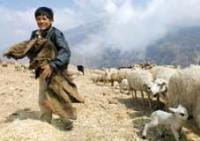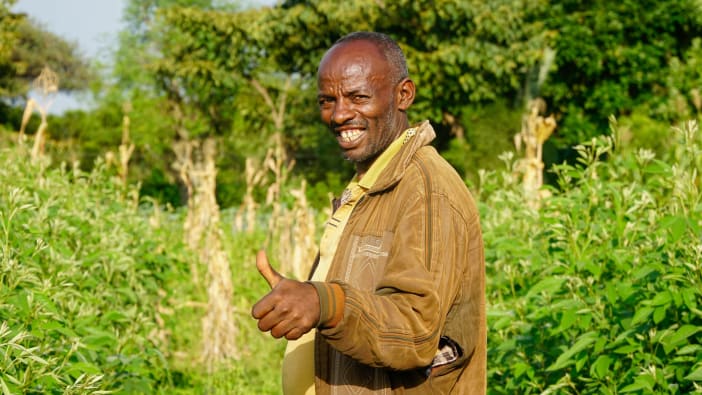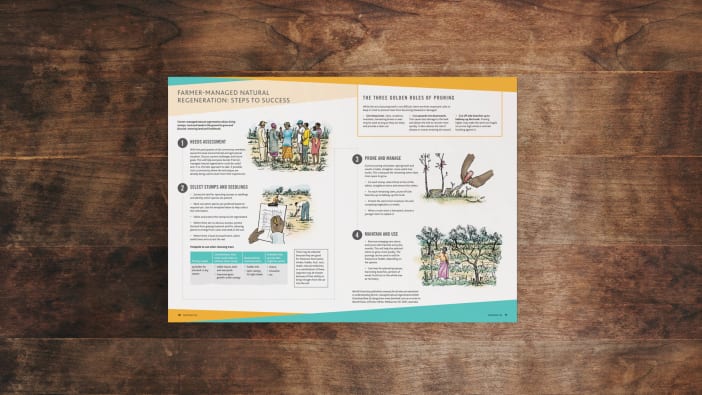God's care for all of creation
There is no doubt that God’s overarching intention is to redeem his creation; a creation that he declared to be wholly good (see Genesis 1:12, 21, 25, 31). Creation and new creation dominate the beginning and the end of the storyline we see in the Bible, starting in Genesis and ending in the Book of Revelation.
Perhaps it is not surprising that humans tend to think only of themselves when reading of God’s love for ‘the world’ or even the ‘whole creation’. But the Bible frequently makes clear that God’s covenant is not only with Noah’s descendants but also all animal life (Genesis 9:9-10; Hosea 2:18). The picture painted of the new creation in the ‘end’ is fully inhabited with representatives not only from every tribe, nation and people, but from the animal and plant worlds as well.
The picture of harps and wings in the heavenly clouds, far removed from the earth, is simply not related to the biblical view of the new heavens and the new earth (see Revelation 21:2-8). God’s new creation, just like his first creation, will be the work of his own hands. In the Bible, God is depicted as both Creator and re-Creator. But the Bible also says that human beings have a role in God’s plan from the very beginning to the very end. That is what we want to briefly consider here…
From the very beginning, God entrusted the human race with the care of everything he created and this includes the animal world.
Read Genesis 1:26 and 2:19
- What does it mean to rule over creation?
- If God cares for all living creatures and we are made in his image, how should we treat our livestock? Is there anything you could do differently relating to any animals in your care?
- Look up these other passages: Proverbs 12:10, Exodus 23:5. How do they affect the way you think about your role as a steward of creation?
The way we treat animals is a sign of how we treat the whole of creation. The focus in scripture is on God making humanity to be the crown of his creation and calling people to worship him and to reflect his image. The Bible clearly forbids any worship of creatures. Humans are permitted to use both animals’ flesh and fur, but never for selfish gain. Fairness and justice are principles which we should apply in the way we treat animals of burden in the same way as we would treat human labourers. We cannot claim to be obedient to God if we are abusing what belongs to him.
Read Psalm 8
- What does this Psalm say about the special position of humanity in God’s creation?
- What responsibilities follow from that special position?
To the very end God’s intention is to redeem and restore the original creation which was ‘messed up’ when humanity, through our own disobedience, did not fulfil their given role as God’s stewards on behalf of creation. God provides a means of restoration in Jesus.
Read Romans 8:18-23
All of creation, including humans, animals and plants, is intertwined. How has the fall of humanity affected our relationship with the rest of the creation?
- What does the current subjection of creation (verse 21) look like today?
- What will the future of creation look like? (see also Isaiah 65:17-25) How does that vision affect our behaviour now?
Tim Carriker is the chaplain for A Rocha Brazil – a Christian nature conservation organisation.
Website: www.arocha.org Email: [email protected]










